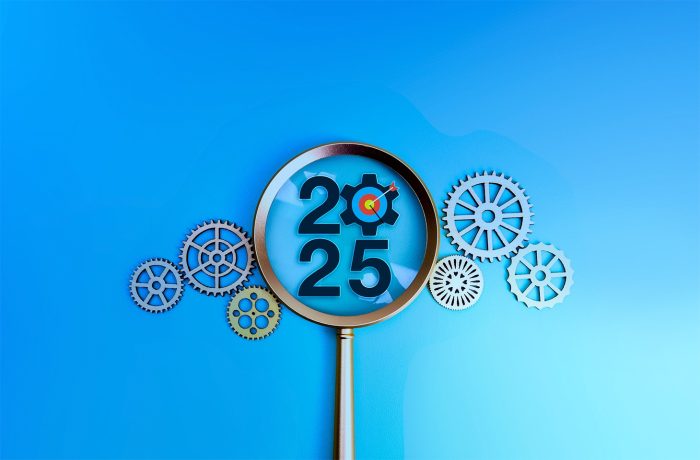
Love, AI & robots
Why do we have a love-hate relationship with dating apps, and what are they doing to our brains? Can an emoji start a war? Is marrying an AI actually a thing? We’re exploring how modern tech is redefining love and our very ideas of it.
 dating
dating
 AI
AI


 tips
tips
 privacy
privacy

 Meta
Meta









 doxing
doxing


 cybersecurity awareness
cybersecurity awareness